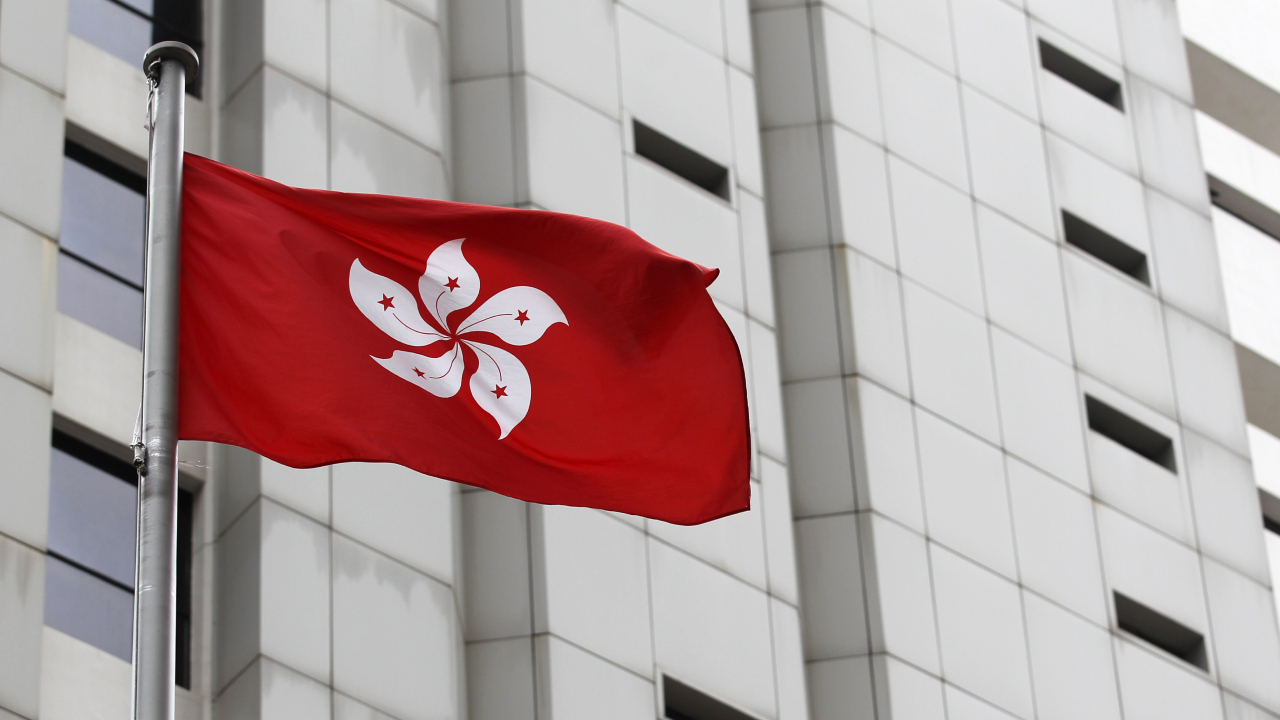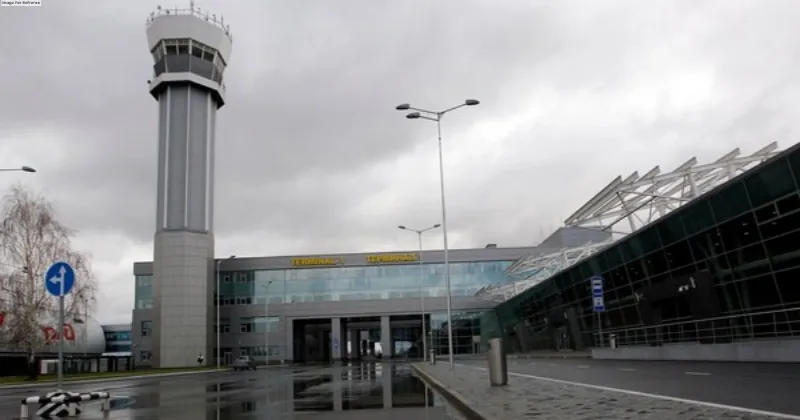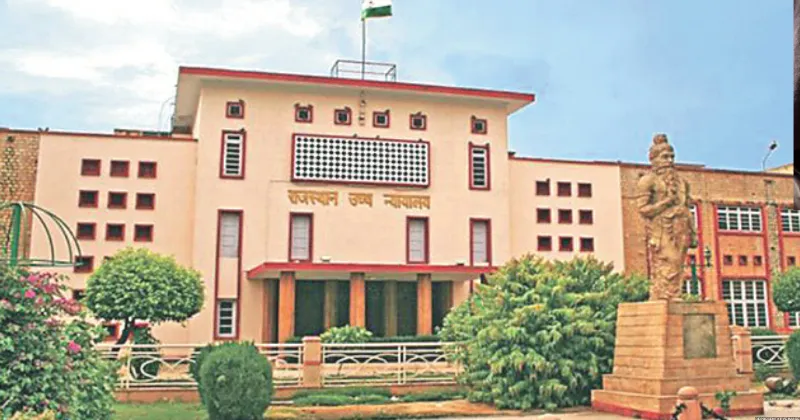Hong Kong: In the first use of the newly passed national security law, six people persons were arrested by the Hong Kong police on Tuesday, over social media posts deemed "seditious" by authorities, CNN reported.
The city's national security police arrested six people, including a woman who is currently in prison, on suspicion of committing acts with "seditious" intent, according to a police statement.
Police accused the woman in custody and five others of taking advantage of "an approaching sensitive date" to anonymously publish seditious posts on social media since April.
The police alleged that their goal was to "incite citizens' hatred of the central authorities, the city government and the judiciary, and to incite netizens to organize or participate in illegal activities later on."
However, the police statement did not state the upcoming 'sensitive date'.
June 4 marks the 35th anniversary of Beijing's June 4, 1989, Tiananmen Square massacre, when pro-democracy protesters were killed by the Chinese military in a bloody crackdown. The event has been scrubbed from the record by Chinese authorities and can no longer be safely commemorated in Hong Kong, as reported by CNN.
The arrested were five women and a man, aged between 37 and 65. They could face up to 7 years in prison if convicted, the police stated.
"Those who intend to endanger national security should not have the delusion that they can avoid police investigation by going anonymous online," the statement added.
Notably, the arrests marked the first time Hong Kong's own national security law had been invoked since it was unanimously passed by the city's 'opposition-free' legislature in March.
Locally known as 'Article 23', the law was rushed through at the request of city leader John Lee and debated over just 11 days.
The legislation introduced 39 new national security crimes, adding to an already powerful national security law that was directly imposed by Beijing on Hong Kong in 2020 after huge and sometimes violent pro-democracy protests the year before.
That law has already transformed Hong Kong with authorities jailing dozens of political opponents, forcing civil society groups and outspoken media outlets to disband and transforming the once freewheeling city into one that prioritizes patriotism.
The local national security legislation covers a raft of new crimes including treason, espionage, external interference and unlawful handling of state secrets, with the most serious offences punishable by up to life imprisonment.
Lee, Hong Kong's leader, described it as a "historic moment for Hong Kong." But, critics and analysts warned it would align the financial hub's national security laws more closely with those used on the Chinese mainland and deepen an ongoing crackdown on dissent, as reported by CNN.
For decades, Hong Kong had been the only place on Chinese soil where mass commemorations were held every June 4 to commemorate the Tiananmen Square massacre.
But the candlelight vigils had been all but banned since 2020, as authorities sought to snuff out all public commemorations of the crackdown, which remains the biggest political taboo in mainland China.























